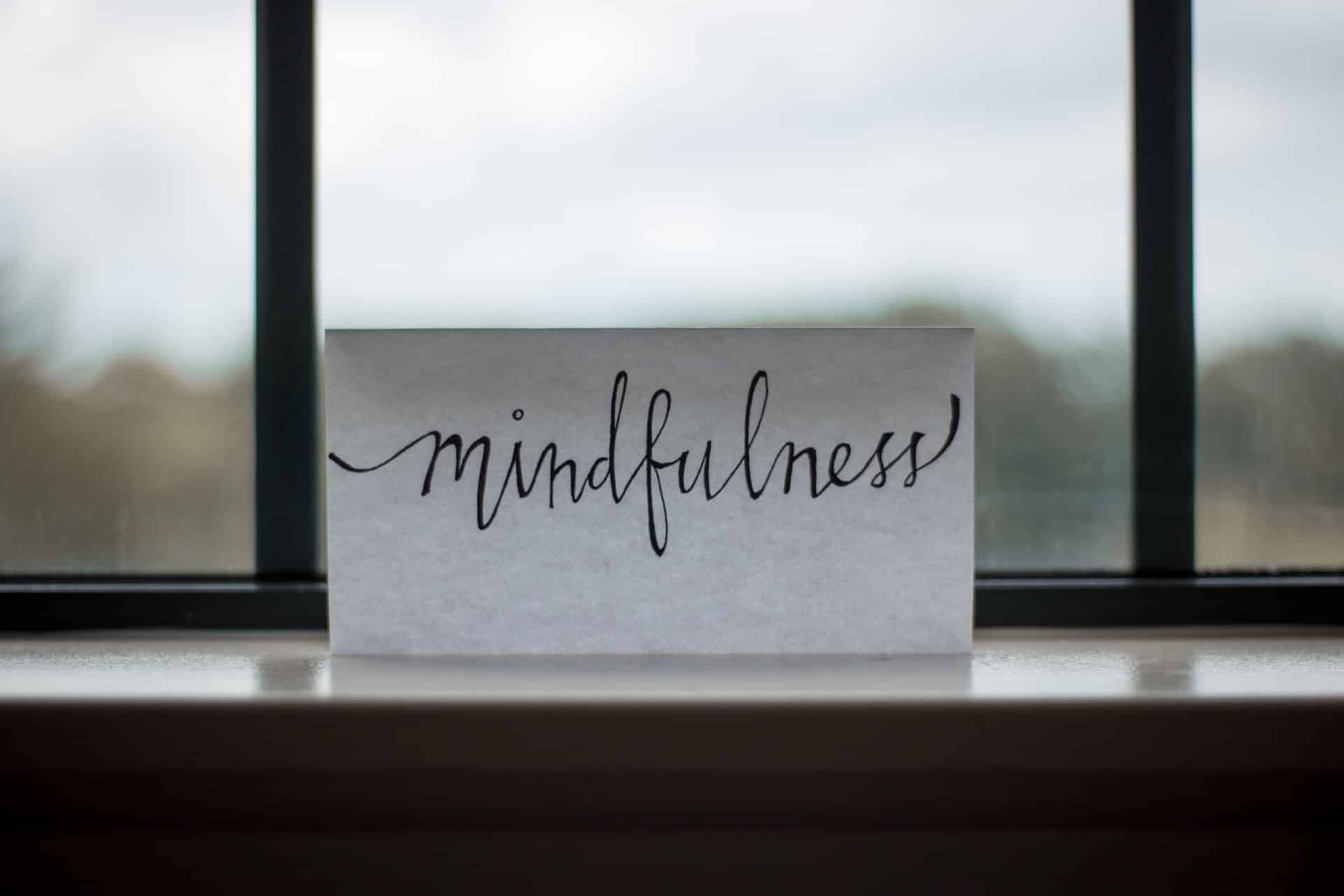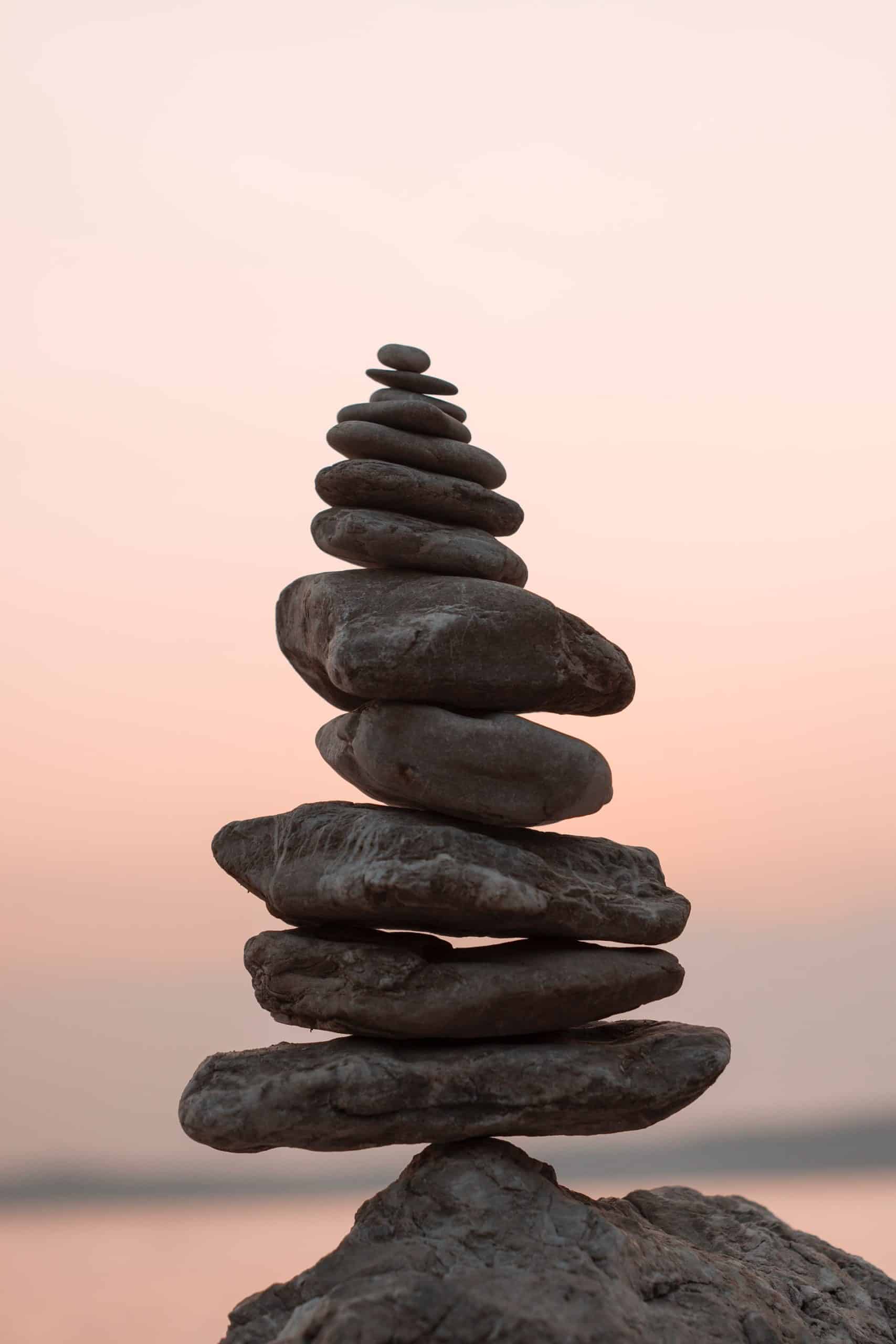Mental health means a person’s social, psychological, and emotional well-being. Our mental health determines how we interact with others, make decisions, and handle difficult situations.
With the global pandemic altering every aspect of humanity, mental health has also not been spared. Travel restrictions, lockdowns, schools closing, job losses, social distancing, and food shortages have placed an extra burden on mental health.
According to the World Health Organization, the “COVID-19 pandemic triggers a 25% increase in anxiety and depression worldwide.” This is alarming at a global level. “The information we have now about the impact of COVID-19 on the world’s mental health is just the tip of the iceberg,” said Dr Tedros Adhanom Ghebreyesus, WHO Director-General.
IMAGE: UNSPLASH
Who Is Affected More?
Everyone is not similarly affected by the pandemic. Young people are most badly affected and are at risk of suicidal thoughts and self-harming behaviors.
More people with pre-existing chronic health problems such as cancer, hypertension, and asthma have developed symptoms of mental disorders. The ratio of physically healthy individuals to acquire mental disorders is low.
Moreover, women are more likely to fall prey to stress and depression related to COVID-19 than men. It is cardinal to have a healthy life and contribute meaningfully to society.
How Important Is Mental Health?
Mental health is vital for everyone, be it a child, adolescent, or adult. Better mental health helps you realize your full potential, gives you ways to cope with stress, and improves productivity.
It improves our ability to perform daily functions. It also helps restrict some physical ailments too. For example, managing stress can have some beneficial outcomes in heart diseases.
How Do You Improve Mental Health?
There are several ways to improve mental health, and the most important one is practicing mindfulness. It is the technique of observing everything, whether inside or outside a person.
Mindfulness increases attention to our thoughts, sensations, feelings, and surroundings. Several studies suggest that mindfulness can improve well-being. A paper published in Wuhan, China, the birthplace of COVID-19, concluded that those who practice mindfulness had a low level of anxiety and a night of better sleep than those who didn’t adhere to it.
Many mobile applications such as Yours App are available with built-in guided meditation exercises. These applications can be used before going to sleep or after waking up for better results. Mental health problems are prevalent, but help is available.
You can bring mindfulness into your life by following daily practices.
1. Mindfulness Of Waking Up
- This should be the first thing to do, even before checking your electronic devices.
- Sit in a comfortable posture, close your eyes, and feel your five senses.
- Take three to four deep breaths. Inhale through the nose and exhale through the mouth. Notice the moment of your body while breathing.
- Ask yourself about today’s plan. What am I going to do today, react to difficult situations, and connect to others?
- Set your mental goals for today, like being generous, kind, and patient.
- Keep follow-up on your goals throughout the day. Notice the difference in your mental health for future references
2. Mindfulness Of Workout
- Convert aimless exercise into a mindfulness practice.
- Feel every movement, sense every muscle contraction, and breathe rhythmically.
- Light warm-up to align the brain, heart, and nervous system for the exercise.
- Challenge yourself to beat your records.
- Cool down your body after exercise and stretch your muscles.
- Rest for a short time to normalize your body
3. Mindfulness Of Eating
- Practice mindful eating instead of mindlessly chowing down on junk food,
- Breathe eight to ten times before eating.
- Listen to your body to check what food you are putting inside your mouth.
- Eat according to your hunger rather than overeating.
- Eat slowly and take a deep breath after every bite.
- Don’t eat it, if you don’t like it
4. Mindfulness Of Driving
- Angry drivers and heavy traffic can cause anxiety. Try these things when hitting the road.
- Take a deep breath to improve oxygen intake. It will make you calm.
- Be aware of your surroundings.
- In case of stress or anxiety, ask yourself what is your intention today? Want to feel safe, easy, or need relief?
- Give your body what she wants.
- Chant some self-compassion words to yourself.
- Acknowledge that other drivers are humans just like you.
- Keep on taking deep breaths.
5. Mindfulness Of Pausing
- Stop the autopilot of your body and take control.
- Prepare the environment according to your routine activities. It will help you remember those activities.
- Write sticky notes to break your attention. Keep these notes changing every week or month.
- Link some activities together as triggers for mindfulness. For example, if the phone rings, take a breath before answering.
Final Words
Admit that your emotions are the unique ways your body reacts to difficult situations. You are not alone in this situation. Everyone is adjusting to the new trends set by the COVID-19 pandemic. Prioritize things between doing now, doing later, and not doing at all. It’s vital to let go of some things. Spend as much time as possible with your family.
Try that thing you have been postponing for ages. Take a few minutes of solitude to practice mindfulness with apps like Yours App. Remember, it’s not permanent, and everything will return to normal.
IMAGE: UNSPLASH
If you are interested in even more lifestyle-related articles and information from us here at Bit Rebels, then we have a lot to choose from.


COMMENTS